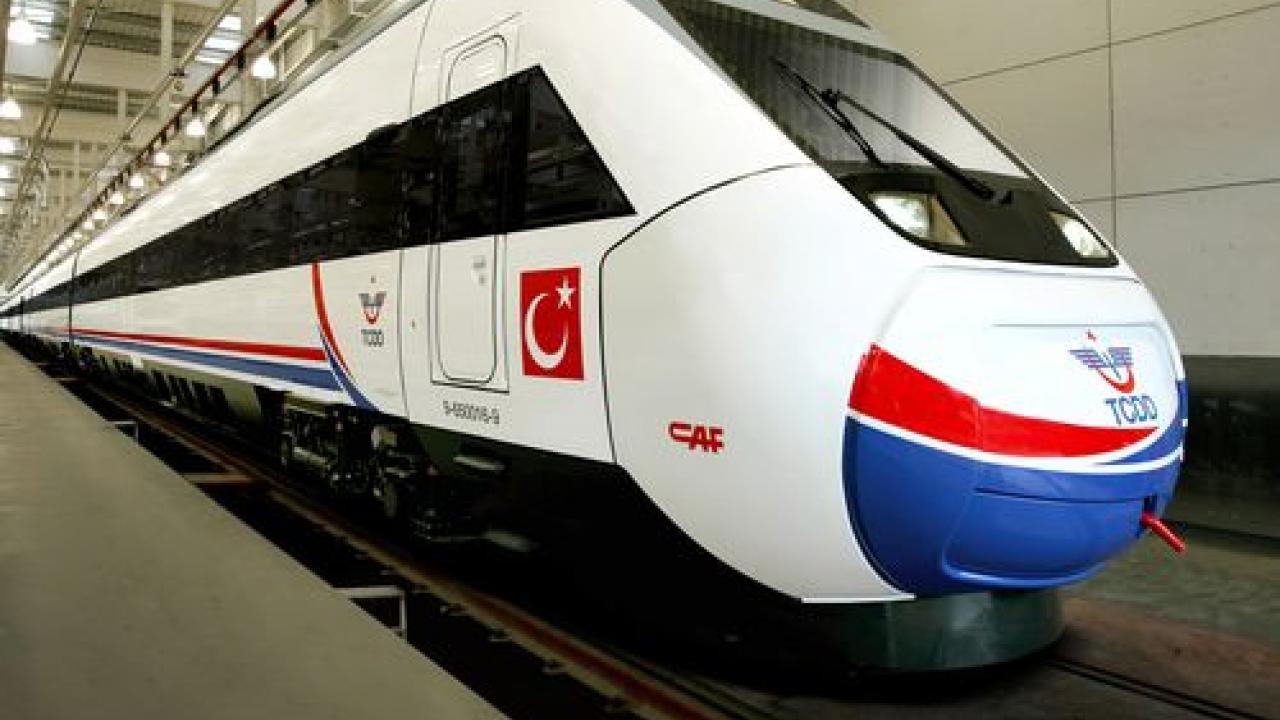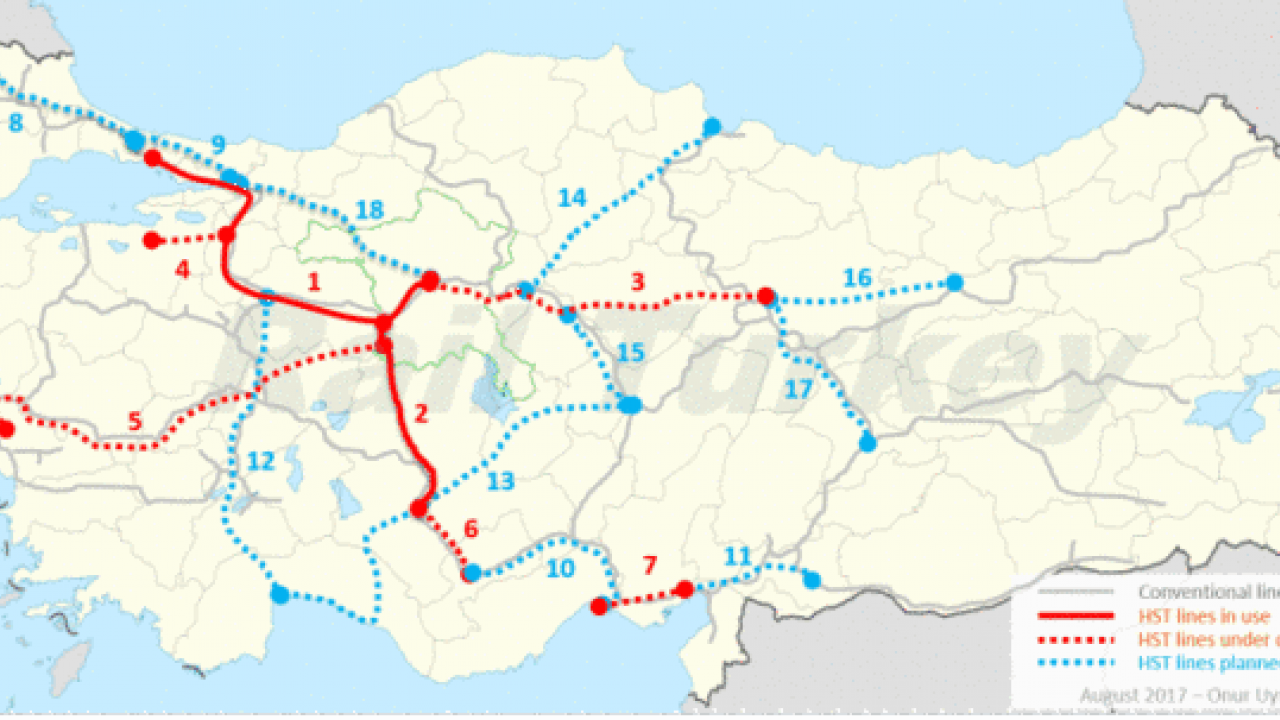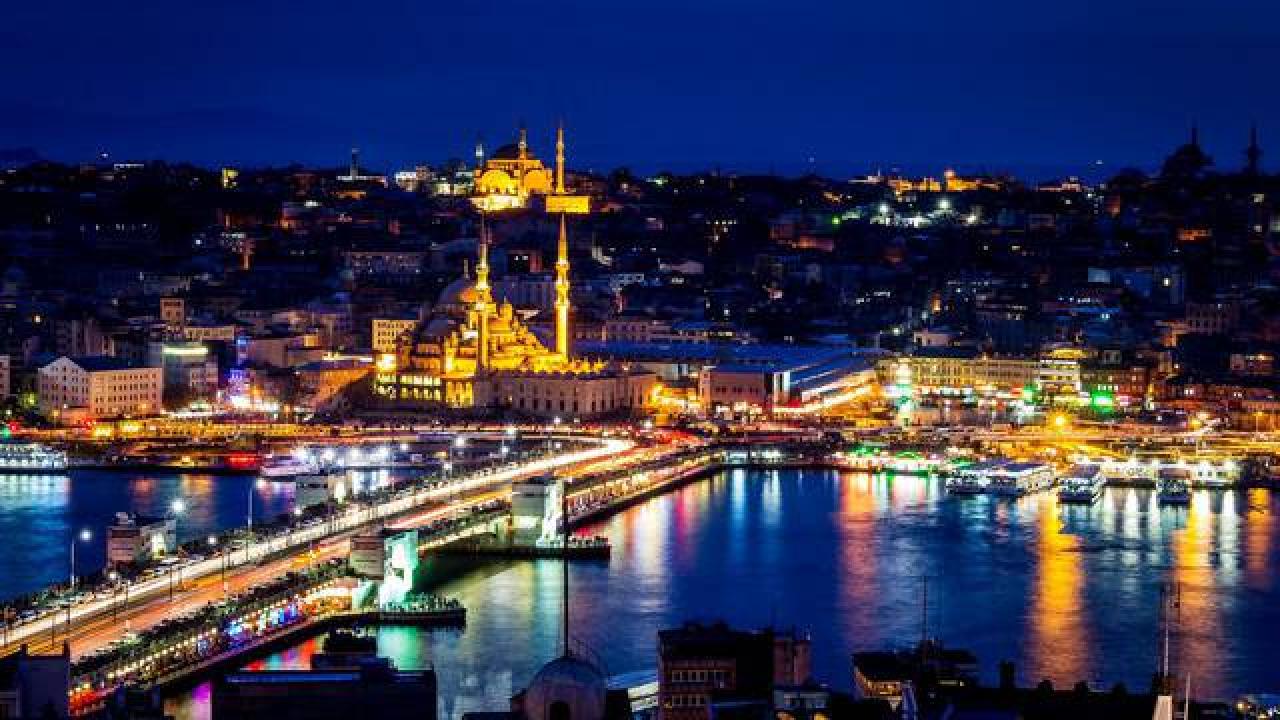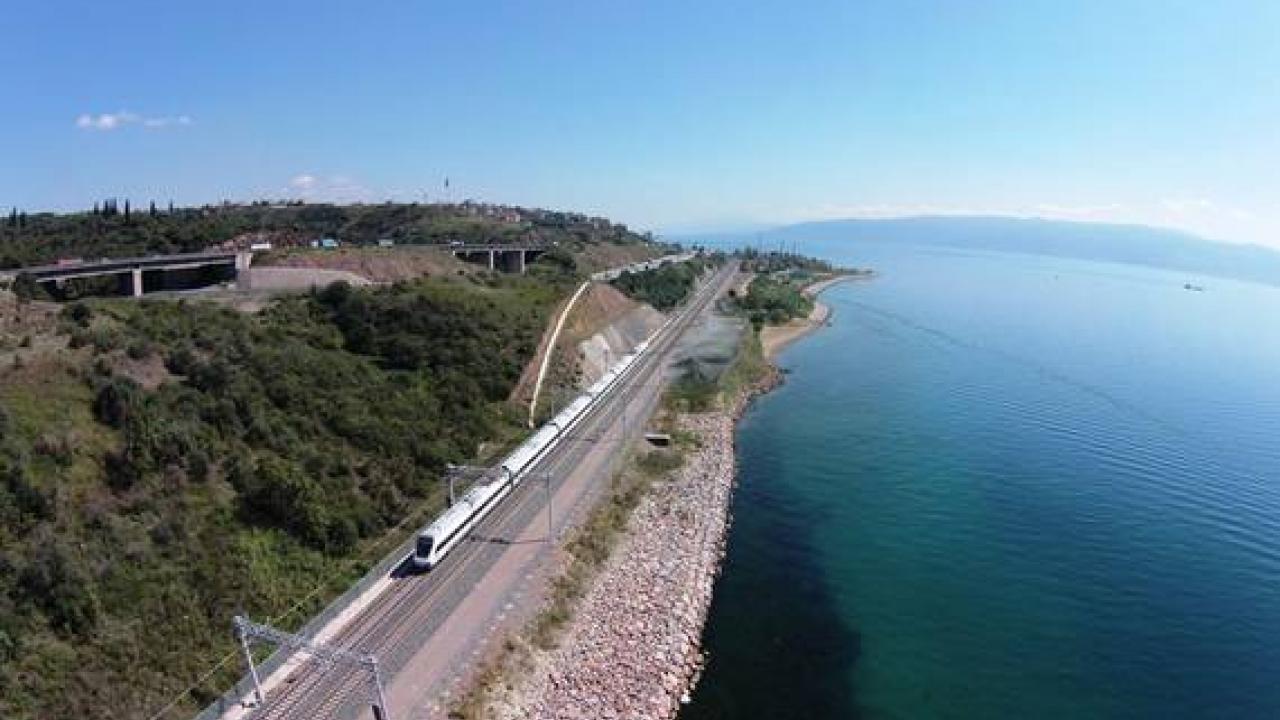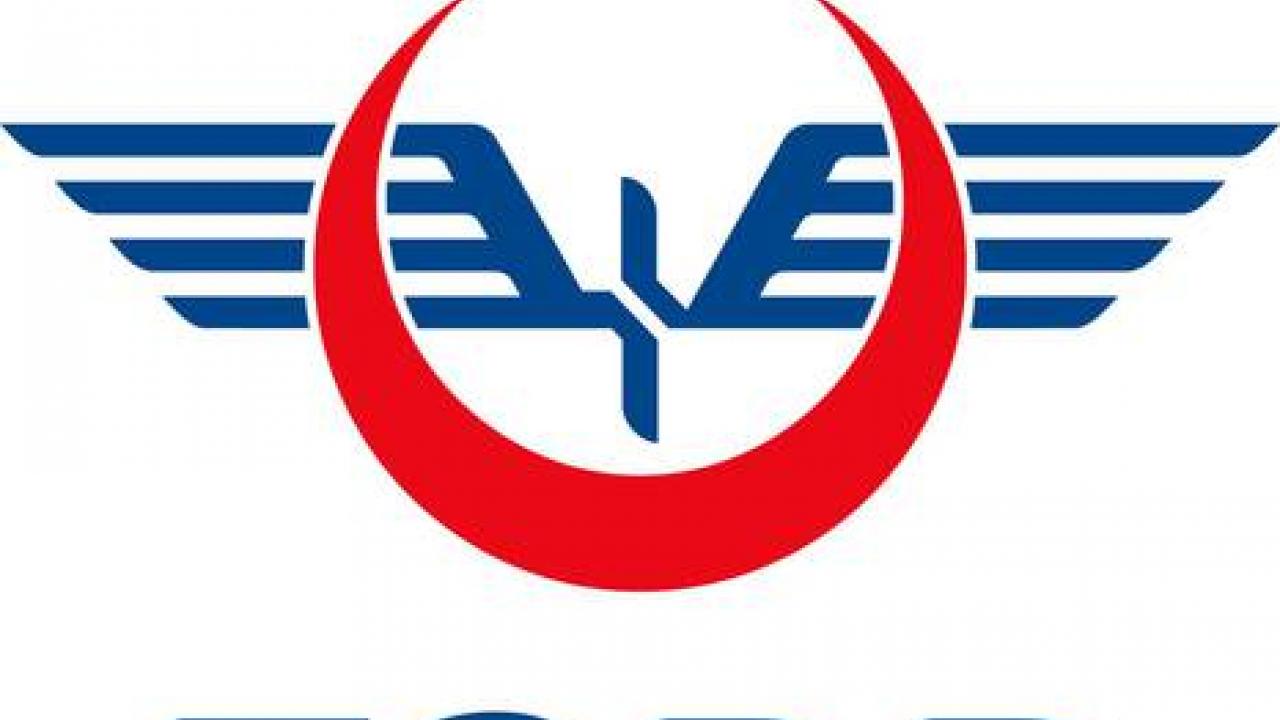Friday, March 9, 2018
Transport as a key issue in Turkey - High Speed
Few places in the world have as much cultural background and historical importance as Turkey. Thanks to its special location, with one foot in Asia and another in Europe, surrounded by three seas and in the nerve centre of the world, the Anatolian peninsula has been home to hugely diverse civilizations and religions, all among the most important in history.
This strategic importance and very special geographic location have meant that throughout history, transport has been a key issue for the inhabitants of Turkey as it has affected the evolution of this country forming a gateway between two worlds. The maritime connections in the Bosphorus, the large shipping fleets and more recently the arrival of the railways and aviation have provided the country with a constant flow of people and goods that have helped to build its character as a bridge between cultures.
In 1856, in the time of the Ottoman Empire, rail transport began to carve out its role as a catalyst for the economy of the peninsula, essential to this role of a gateway between Europe and Asia. This situation continued after the dissolution of the empire with the creation of the public company TCDD. This is still the sole owner and operator of all Turkish railways and controls an extensive network of railways of over 13,000km that connects all the points in a country covering an area of 783,000 square kilometres.
In recent years, TCDD has strongly supported the development of a high-speed network between the main nodes in the country. As a result, Turkey currently has about 800km of lines
served by high-speed trains, operating between the capital Ankara and the cities of Istanbul and Konya.
TCDD's plans for the near future involve also connecting other important cities around the country, such as Izmir, Bursa, Haydarpasa and Sivas, with this growing network of high-speed trains. This can be seen from the large number of public tenders for infrastructure construction that are currently being held in Turkey. In addition, TCDD has also recently called for tender offers from all the manufacturers of rolling stock for the supply of the future trains that will offer a service to the 80 million potential users of the network. It is also noteworthy that the Turkish government is making a particular effort for Turkey to be heavily involved in this development, asking that a large part of the production and design of this high-speed network take place within its borders, so that that the country benefits not only from an excellent transport system, but also from future knowledge that will allow Turkey to retain its leading position in the world.
As far as LANDER is concerned, all of these developments are always accompanied by a clear need to train the drivers to ensure the safest and most efficient operation of the transport system, so we hope that our technology will also help Turkey to achieve its goals for the future.
